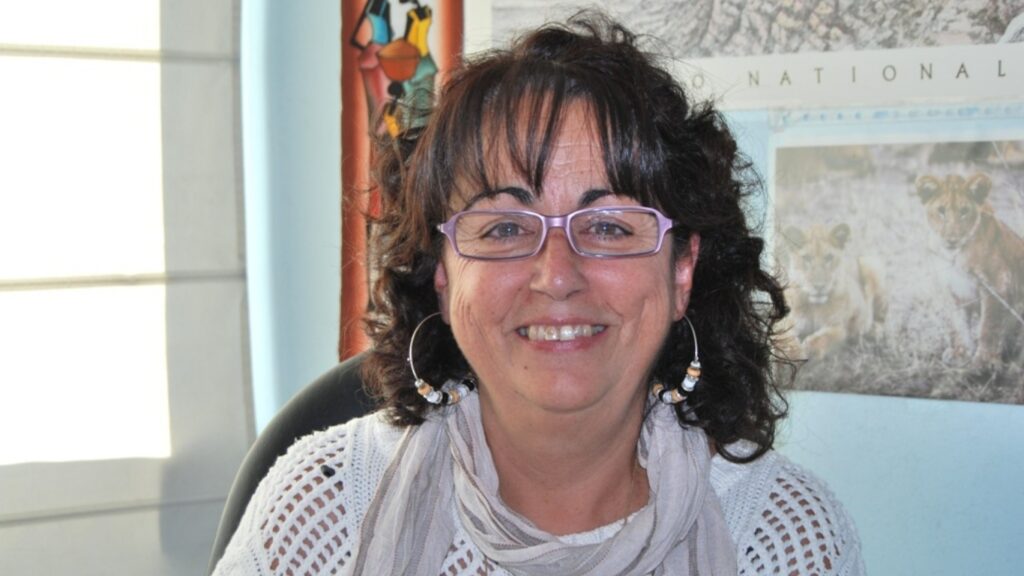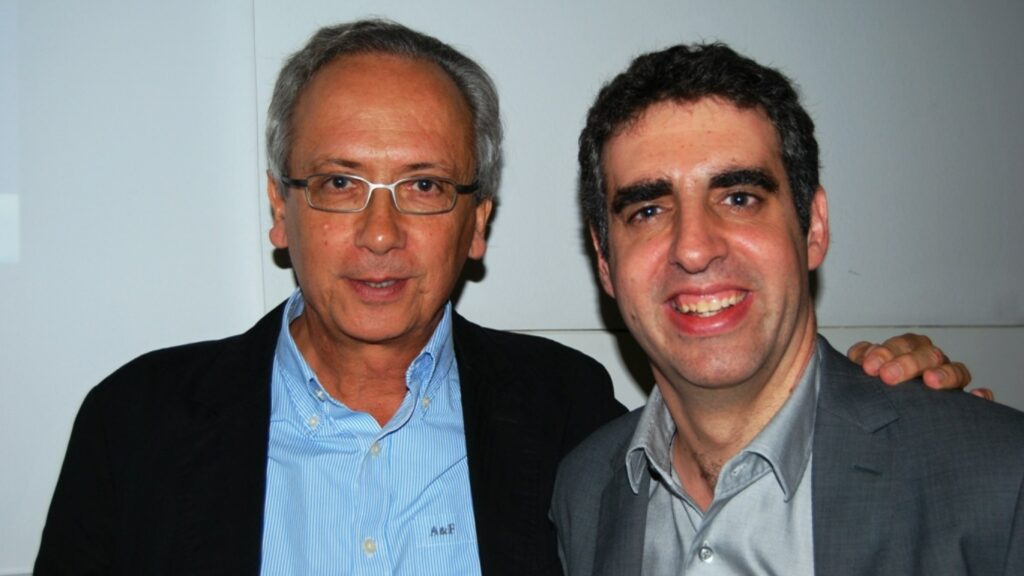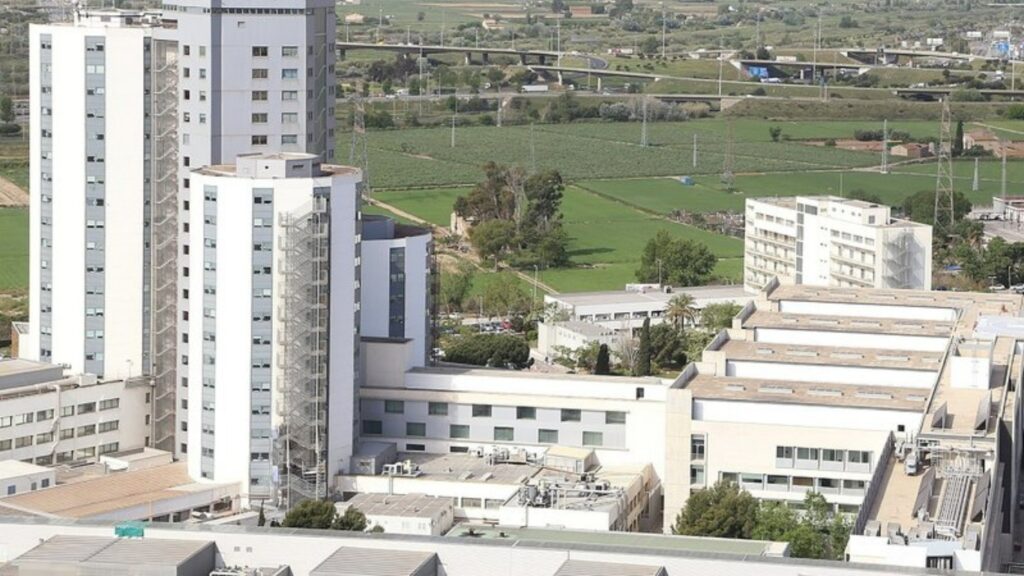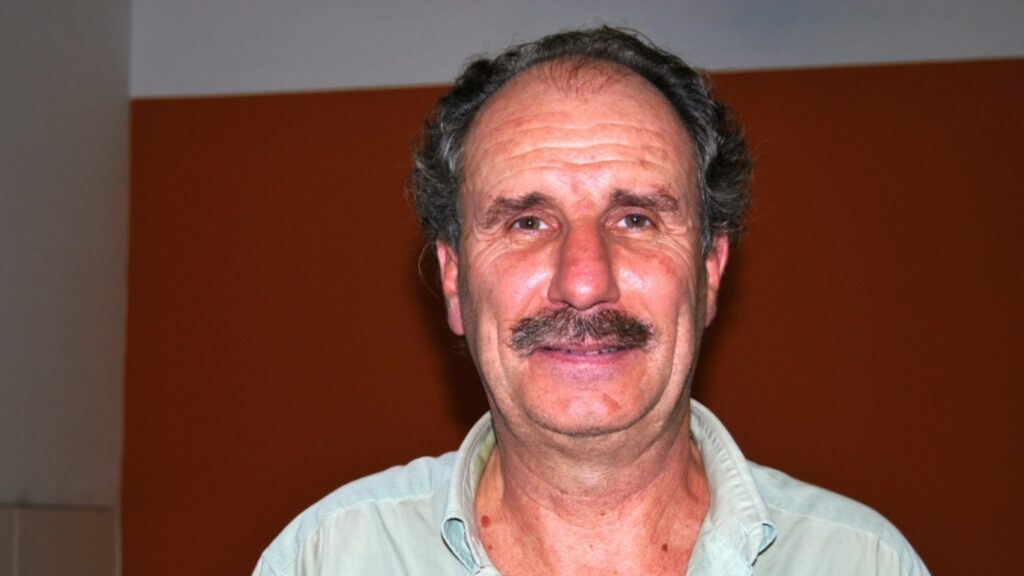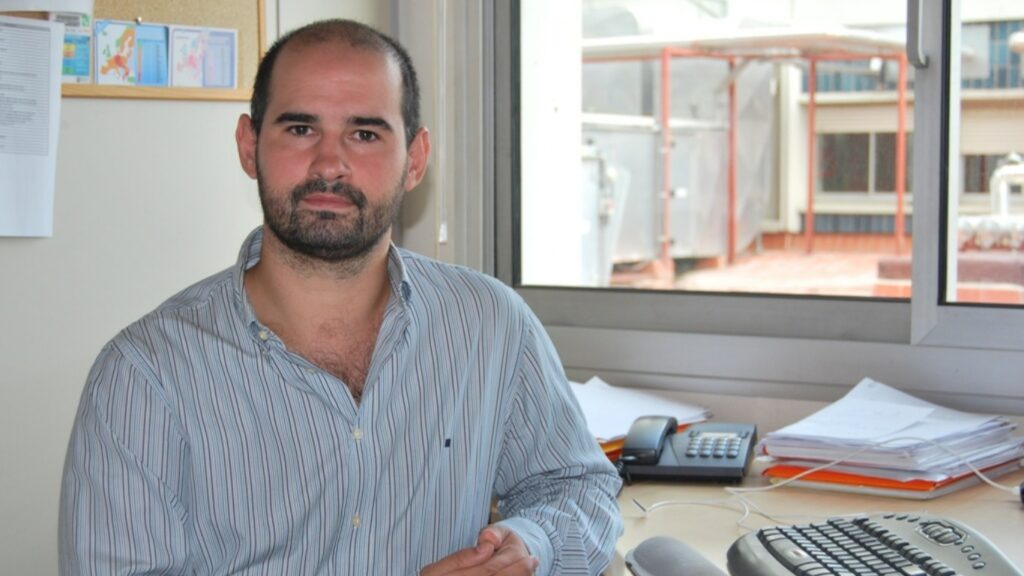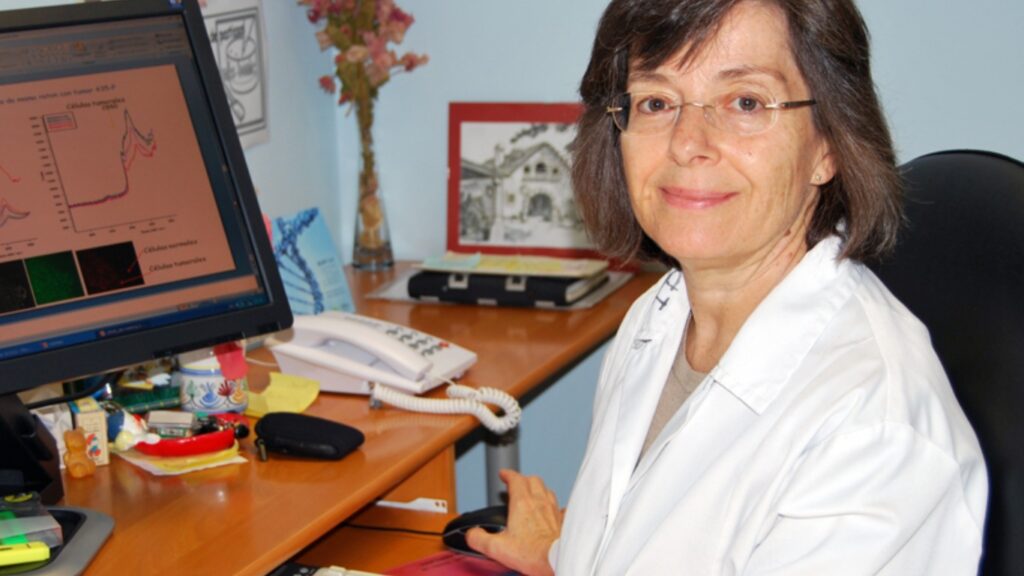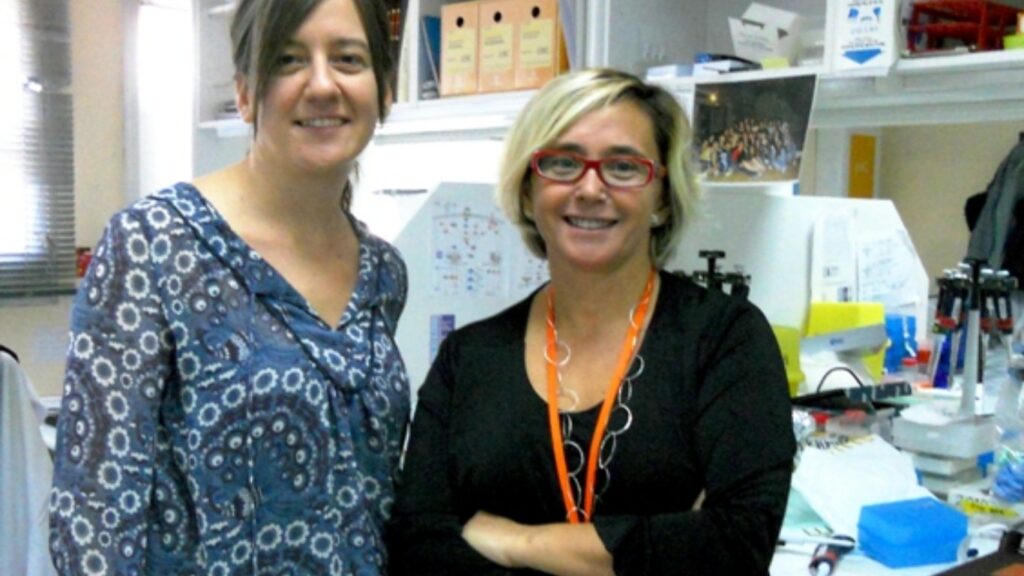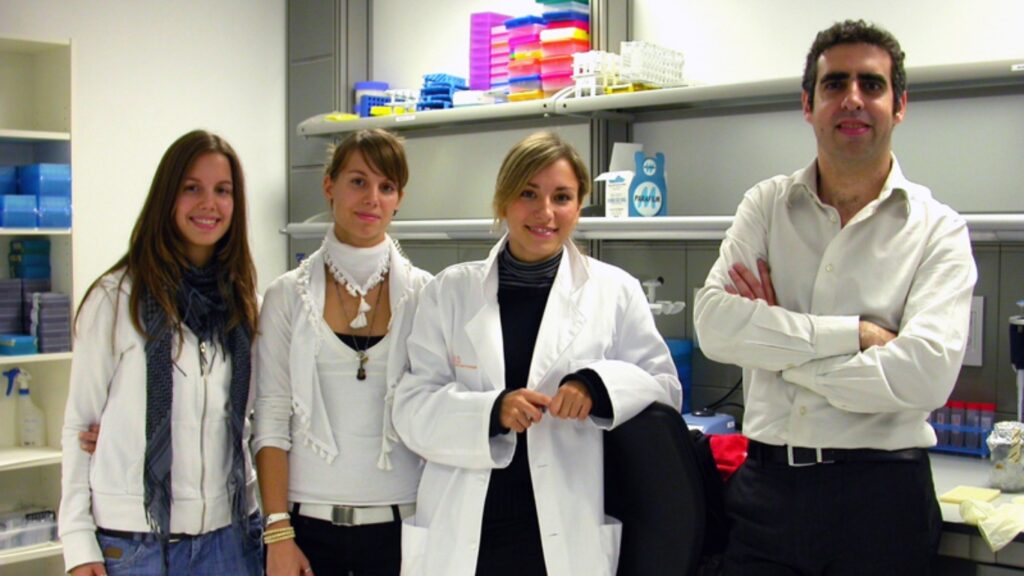IDIBELL researchers lead Spanish database of rare diabetes syndromes
Spanish researchers have launched a national database to collect information on rare diabetic syndromes that are a group of rare inherited diseases whose common link is the body’s intolerance to glucose. Registration is focused on three rare diseases: Wolfram, Bardt-Biedl and Alström syndromes. The initiative, named REWBA (Spanish Registry of Wolfram, Alström and Bardet-Biedl Syndromes), […]
IDIBELL researchers lead Spanish database of rare diabetes syndromes Read More »

